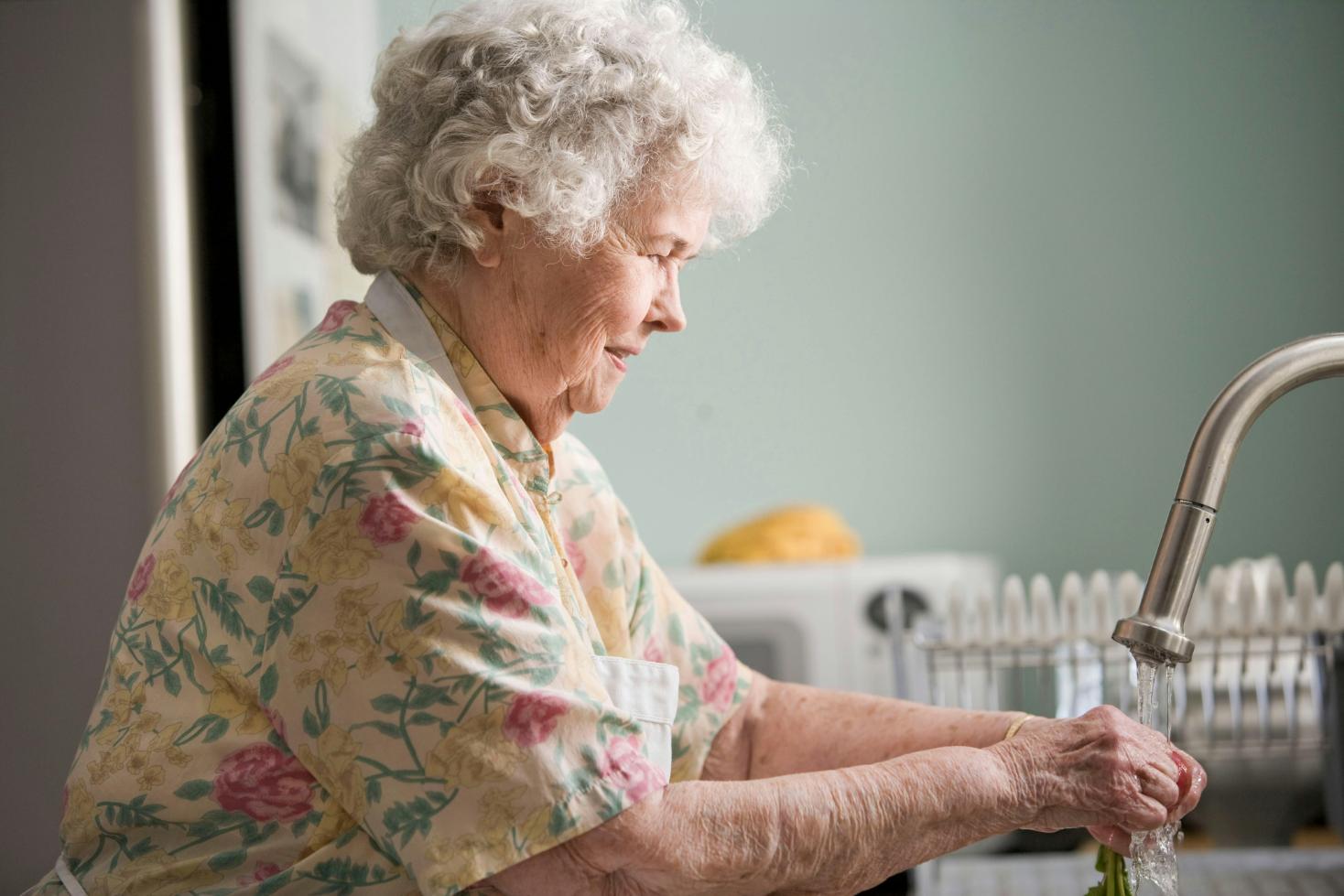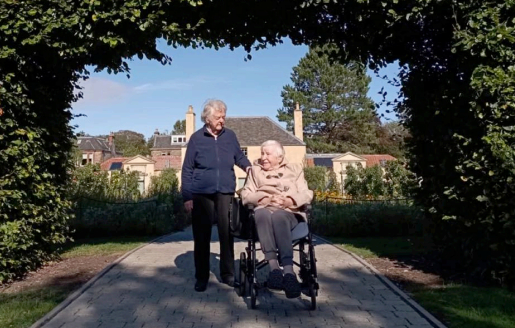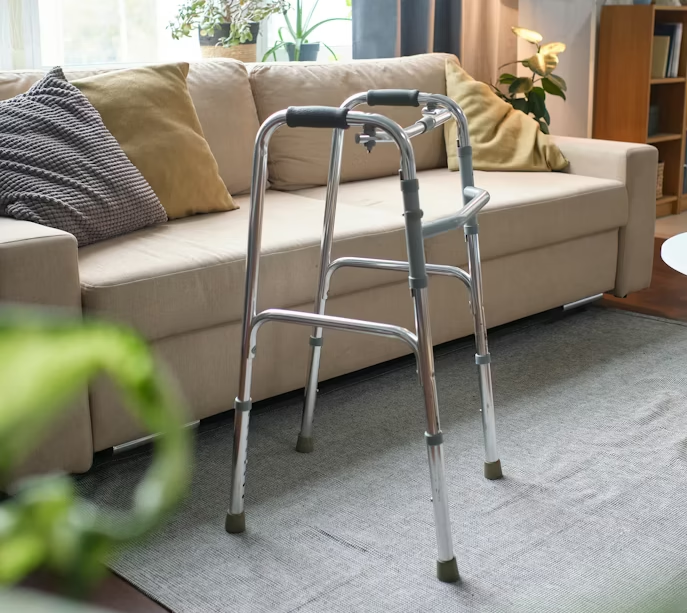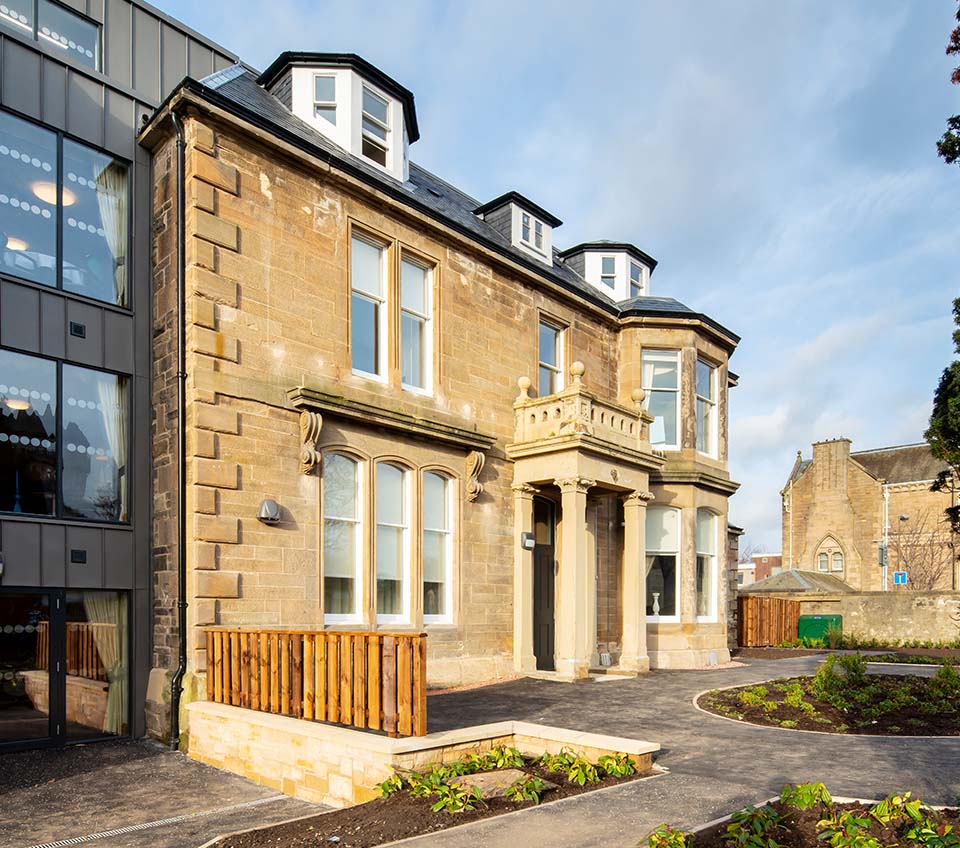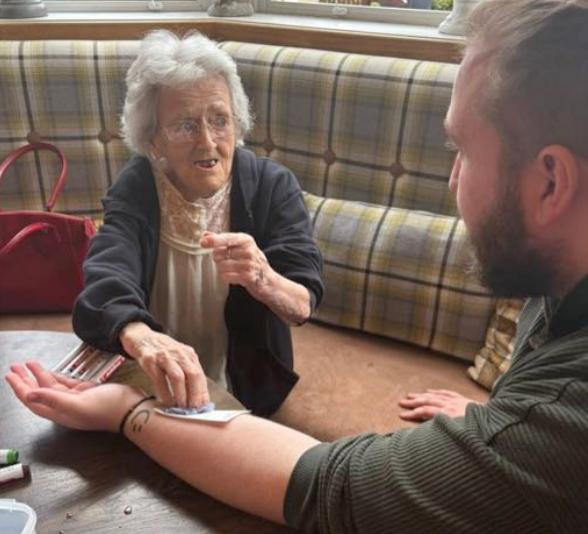How To Get an Elderly Person Into a Care Home
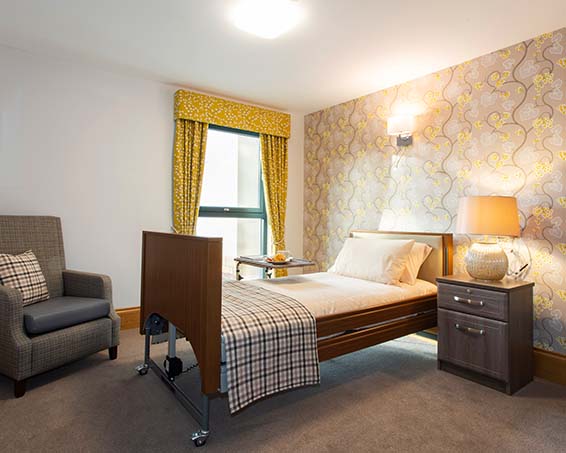
As we get older, it is common that we may require more support with daily tasks and personal care due to the changes in our physical health and possibly mental health. While remaining in your own home might be the preferred option, it is not always the safest opinion and can lead to falls and difficulties if there isn’t anyone around to help you.
Care homes across the UK will provide personalised care to each individual living at the home to ensure that they are getting the care that they need and have support on a 24-hour basis.
The idea of moving into a care home can be very challenging for the person that requires additional care and support. There are many things to consider and discuss with your loved ones before you move them into a care home, if you decide that’s the right step for them.
Having An Open Conversation
By having the conversation early on with the individual that requires care, it allows them to become familiar with the idea which will lead them to process the big change much more easily. By discussing the benefits of a care home, such as the increased support provided by a professional carer, a secure environment and social opportunities, the individual who is considering moving into a care home will become more willing to make the decision to move into a care home.
Involving The Individual In The Decision Making Process
It is important that the transition from living independently at home to a care home is as smooth as possible. To make this process as easy as possible it is essential that you involve your family member throughout the whole process.
Allowing an elderly person to discuss their preferences and look at potential homes helps them to feel in control and will reduce significant amounts of stress. Once the idea of a move to a care home has been processed, it is a good idea to go and arrange to visit some care homes so that they can see first-hand what life will be like in a care home and how it will benefit their lives. When visiting a care home, this would be a great opportunity to discuss lifestyle choices and voice any concerns that they may have.
If someone has reduced mental capacity due to having a condition like dementia, it is still important you involve them in process as much as possible, by getting them to choose their favourite care home out of the options provided. This will help with the transition and allow them to become familiar with their surroundings quicker. It is critical when someone has a condition or disease that reduces their mental capacity, that you acquire a power of attorney so you can help make decisions on their behalf when the time comes.
Care Needs To Be Considered
Each care home is different and will offer different care services. Before finding a care home, it is critical that you work out what the person needing care requires, for example, nursing care requires a higher level of care compared to residential care.
When full-time care is starting to be considered, it is common that everyday tasks become difficult and individuals show signs that they need additional help with basic chores and personal care. If you find it difficult to establish what exactly this person needs you can request a needs assessment from your local authority or social services to help you determine which type of care is required.
Comparing Homes In The Local Area
Like most things, it is important to compare care homes to see which home in your desired area is the best option. From the services provided to the atmosphere of the homes and the facilities they provide, it is important that you take all of this into account to help you make a final decision.
All care homes will have an inspection report that will inform you what the home is like from an industry professional point of view with a rating provided. This report will help you determine if the home meets your expectations. To help even further with your decision, it is a good idea to read reviews from residents and family members either on Google or carehome.co.uk.
Preparing For The Move Into a Care Home
Before the final move into a care home it is critical there is a plan of action to ensure both you and your loved one are as prepared and comfortable as possible, as this will make the transition a little easier.
Most care homes will allow you to bring your own belongings to make your personal space more like your home. When you have your own things in your private bedroom and live in a location you are familiar with, this will help someone to settle in quicker. Once someone moves in, a member of the care home team who will them to settle in and show them around.
Making Sure You Understand All Of The Costs
Care homes in the UK are very expensive, especially those that are considered ‘luxury’. With it being such a financial commitment, it is important that you consider all of the costs and make sure you have a plan in place to ensure that you are able to continue paying for the weekly care home fees.
Some people are unable to self-fund and therefore require additional support from their local authority or the NHS. Your local council can help you by granting you full support or by issuing a loan if you were to sell your house in the future. All of this is dependent on the assets and income of the individual going into care, and they will only be eligible if they meet their assets are below £14,250 or, if between £14,250 and £23,250 they will receive partial funding. With NHS Continuing Healthcare, this is not means tested and instead it is purely based on whether an individual has a ‘primary health need’ where an assessment will be carried out by a multi-disciplinary team.

It is important to know not all care homes offer local authority payments so when enquiring you should ask about the payment structure, any funding they accept and if there are any additional fees.
Seeking Advice From A Profesional
The internet is a great place to get information in regards to moving an elderly individual into a care home. However, you might find that you get better reassurance and a better understanding by speaking to a care professional in person.
Speaking to an industry professional, like a social worker or care home manager, will help you get the answers you need to guide you through this difficult transition. They will be able to speak to you about any concerns, such as making sure that your loved one's care needs will be met and what type of healthcare professionals will be on-site for peace of mind.
Exemplary Care at Trinity House Care Home
Trinity House provides exceptional levels of personalised, person-centred care in an all-inclusive setting for older people in Edinburgh.
Our care home in Edinburgh offers several care types including Residential Care, Dementia Care, Nursing Care and Respite Care. We provide exceptional levels of care thanks to our dedicated team who pride themselves on delivering our residents with the highest levels of care, support and well-being. No matter if an individual requires 24-hour personal care, medical care by a regiestered nurse or thrives in a social setting, we can cater to many individual needs.
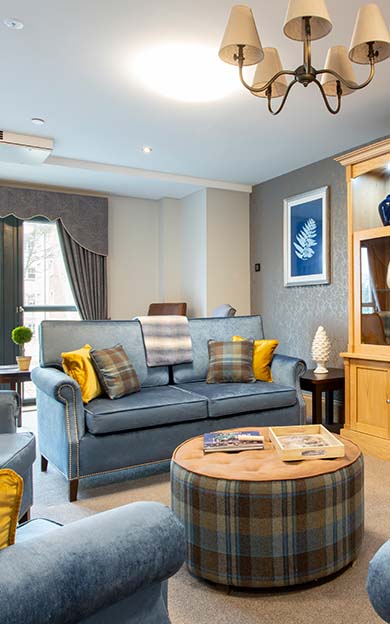
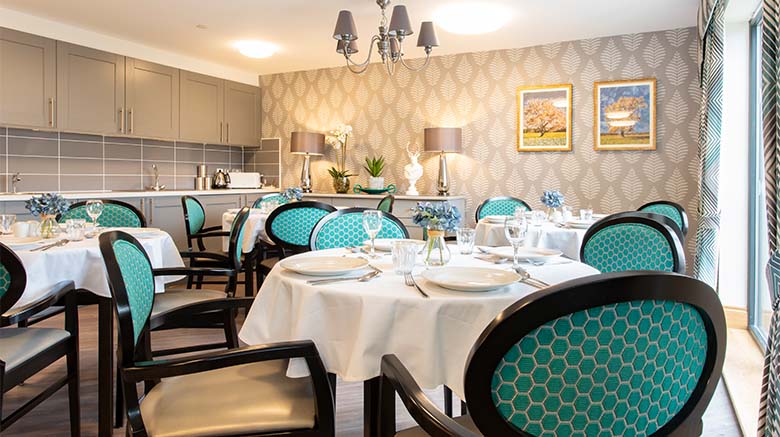

From the events we host to the facilities we provide such as a cinema room, beauty salon, private garden and library, we ensure that every one of our residents is supported during their stay and can find daily opportunities to help regain their independence and live a full and enriching life.
Find Out More About Trinity House and If We Are The Right Care Home For You
If you would like to know more about Trinity House and what our home has to offer, speak to one of our team members by getting in touch today either by calling 0131 341 3444, or by emailing info@trinityhousecare.com, or alternatively by filling out our contact form.
